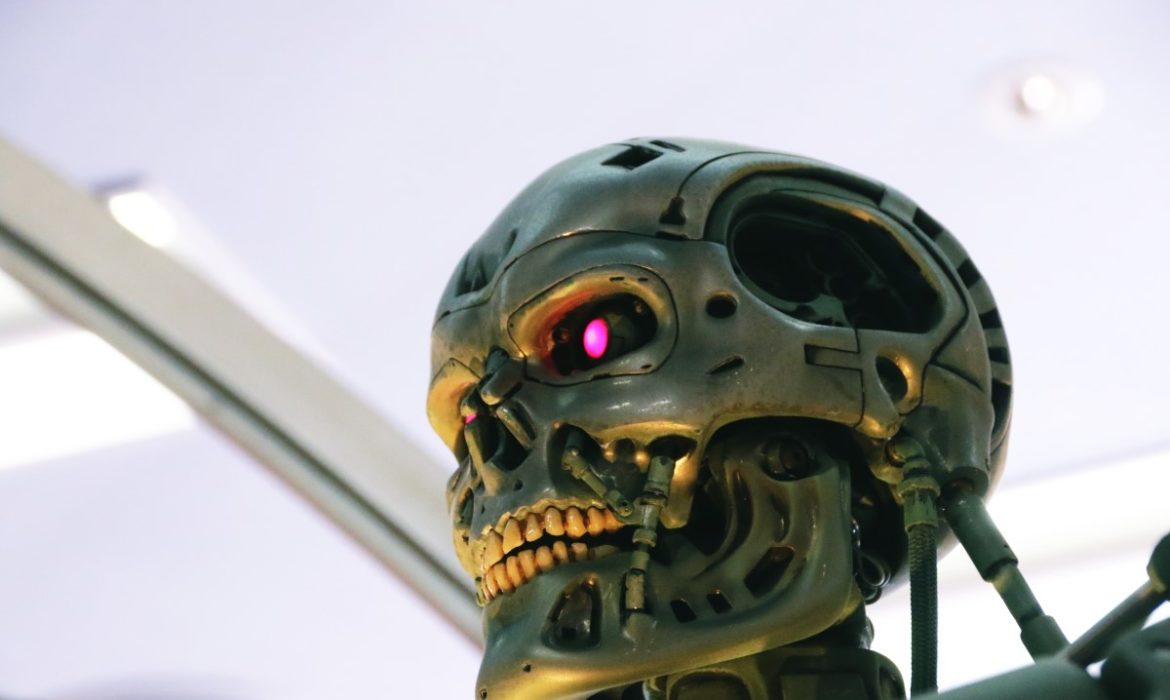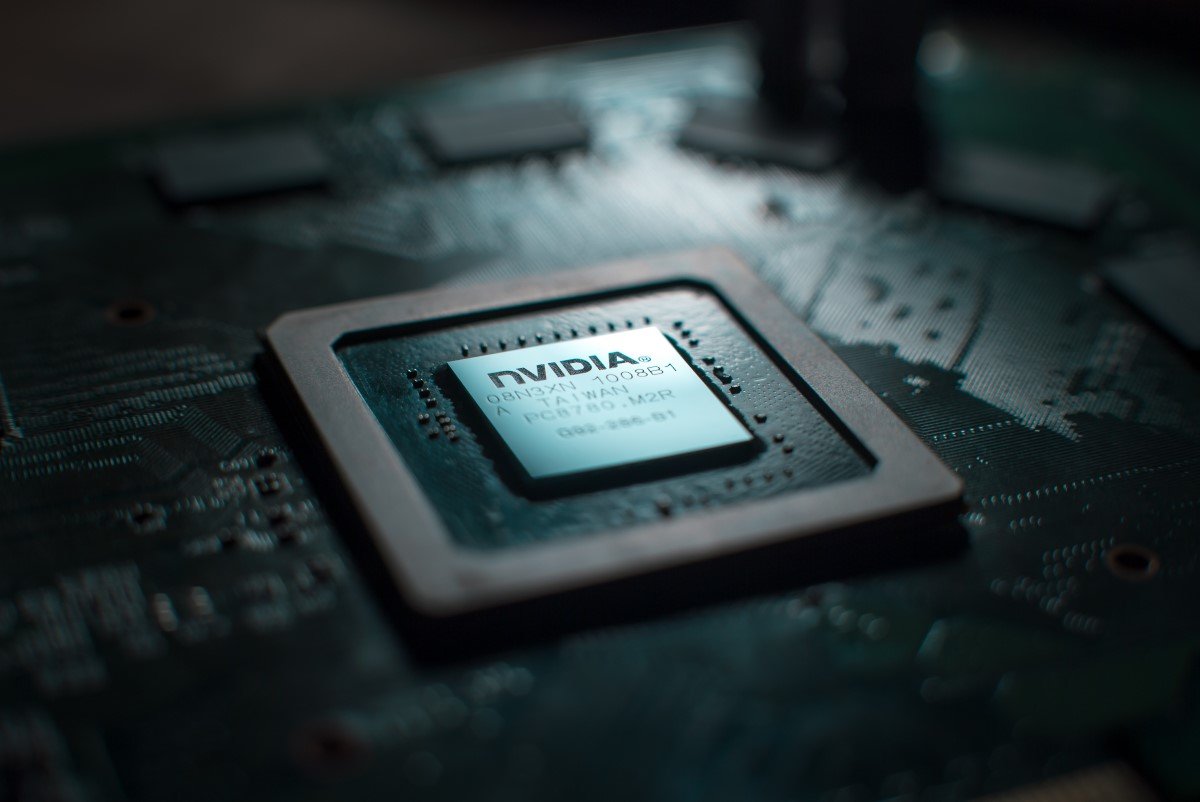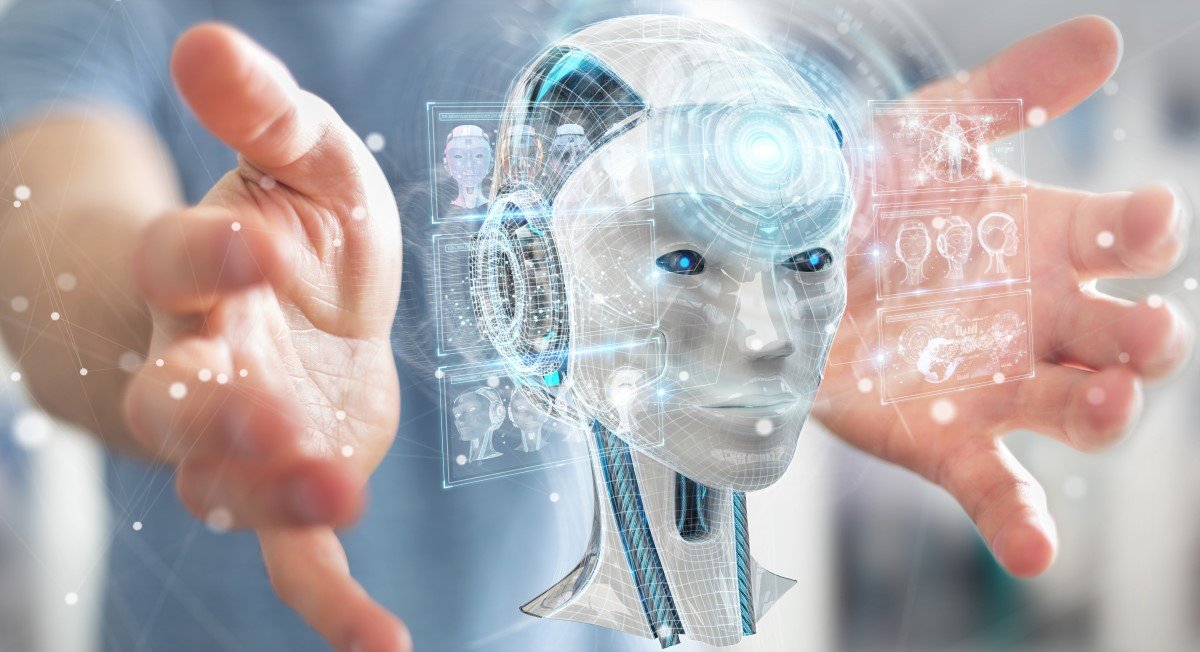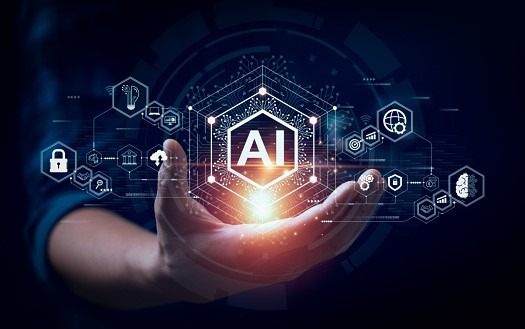Cambridge and Oxford are Britain’s oldest universities. Moreover, they are the oldest in the world. They are keeping a watchful eye on the busy field of AI (artificial intelligence). Artificial intelligence has been hailed as a technology that would change the world as we know it and bring about a new industrial revolution.
Each of these centuries-old institutions has pumped in millions of pounds, over the last few years. They invested to research possible risks associated with these future machines.
Smart algorithms can already outperform humans at certain tasks. For instance, they can beat the best human players in the world at incredibly complex games like Go and Chess. Moreover, they can spot cancerous tumors in a mammogram much quicker than a human clinician can. Just by looking at a photo of their faces, Machines can also tell the difference between a dog and cat or determine a random identity of a person. Moreover, they can also keep your home at the correct temperature, translate languages, and drive cars. Nevertheless, they are still nowhere near as smart as, for example, the average 7-year-old kid.
The main issue is that artificial intelligence can not multitask. A game-playing artificial intelligence can not yet paint a picture. To put it in another way, today’s artificial intelligence has a very narrow range of knowledge. Nevertheless, computer scientists at the likes of Facebook and Google aim, in the years ahead, to make artificial intelligence more widespread. Some prominent thinkers have thus become deeply concerned.
Artificial Intelligence
Nick Bostrom is a 47-year-old Swedish-born polymath and philosopher. He founded the FHI (Future of Humanity Institute) while at the University of Oxford in 2005. FHI intendeds to assess how dangerous artificial intelligence is and other potential threats that may be relevant to the human species.
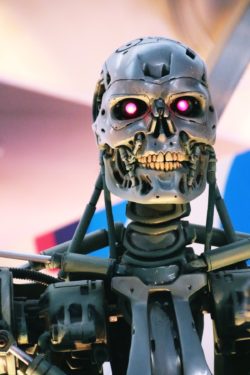
Complex equations that are beyond most people’s comprehension are scribbled on whiteboards next to words like “artificial intelligence governance” and “artificial intelligence safety”, in the main foyer of the institute. As they go about their daily routine, pensive students from other departments may pop in and out.
Having an interview with Bostrom is unusual. He is a transhumanist who believes that we can and should augment our bodies with technology. This would be done to help to eliminate aging as a cause of death.
Bostrom said that he is quite protective when it comes to his thinking time and research. So, he also feels almost semi-allergic to scheduling too many meetings.
Clean-shaven, tall, and skinny, Bostrom has riled up some artificial intelligence researchers. This is because of his openness to entertain the idea that one day, in the not so distant future, machines will be the top dog on Earth. He does not say when the exact date will be. Nevertheless, he thinks that it is most likely close enough.
Bostrom thinks that machines can quickly make themselves even smarter, and thus becoming super-intelligent.
The optimisms are saying that super-intelligence machines will free up humans from work. Thus, they will allow them to live in some sort of utopia where everything is in abundance. Nevertheless, pessimists are saying that machines will decide that humans are no longer necessary and kill them all.


